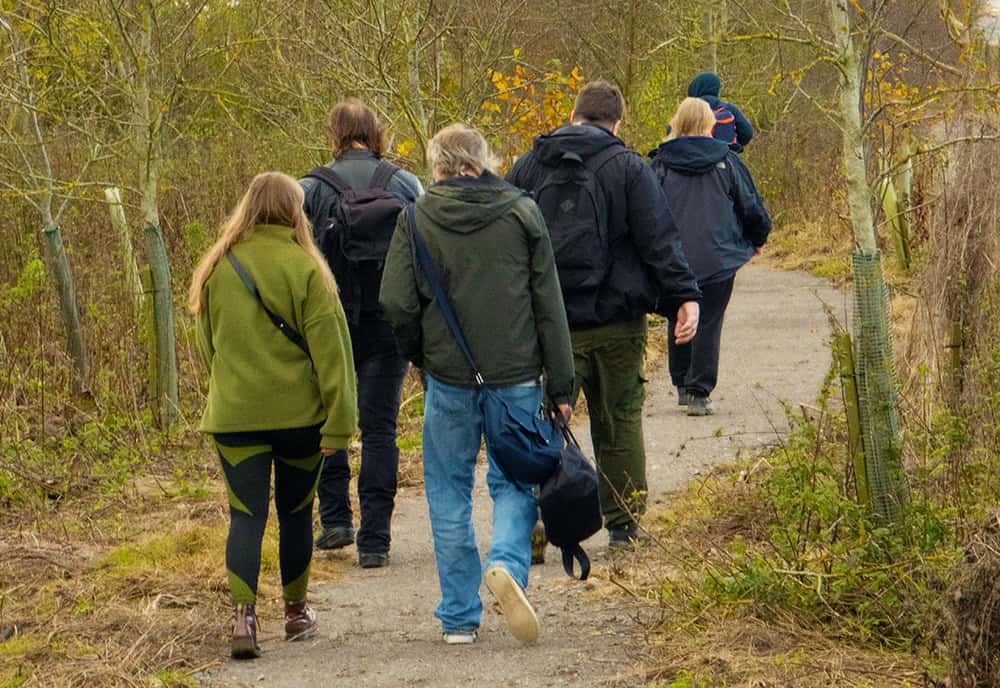Confronting stigma or misunderstanding about mental health can feel overwhelming, but how you respond can make a meaningful difference. At Amitola Communities, we believe in understanding and breaking down barriers through thoughtful dialogue and compassionate actions. Here are some strategies to consider when faced with these challenging situations.
Stay calm and composed
When encountering stigma, it can be tempting to react with frustration or defensiveness. However, staying calm and composed is often more effective. A measured response can help keep the conversation open and create an opportunity for meaningful dialogue. Taking a deep breath and pausing before responding can make all the difference in shaping the interaction.
Share your perspective
One of the most impactful ways to address misunderstanding is by sharing your perspective. Whether it’s through personal experiences or factual information, you can gently challenge stereotypes and misconceptions. For example, explaining how mental health challenges affect you or someone you care about can help others see beyond the stigma and understand the human side of the issue.
Educating others doesn’t mean you need to have all the answers. Even small efforts, like correcting a harmful misconception, can contribute to broader awareness over time.
Set boundaries when needed
Not every conversation will be productive, and that’s okay. If a discussion becomes unkind or unproductive, it’s important to know when to set boundaries. Politely stepping away or changing the subject can protect your mental well-being and prevent the situation from escalating. Your mental health and comfort should always come first.
Recognise the power of small steps
Addressing stigma is not about changing everyone’s mind overnight. It’s about taking small, meaningful steps that create ripple effects over time. Each time you share your story, correct a misconception, or respond with kindness, you are contributing to a broader shift in how mental health is understood and discussed.
Final thoughts
Responding to stigma or misunderstanding isn’t easy, but your actions can make a powerful impact. By staying calm, sharing your perspective, and knowing when to set boundaries, you can turn challenging moments into opportunities for education and connection.
If you or a loved one need support, we’re here to help. Together, we can work toward greater understanding and respect for all.



